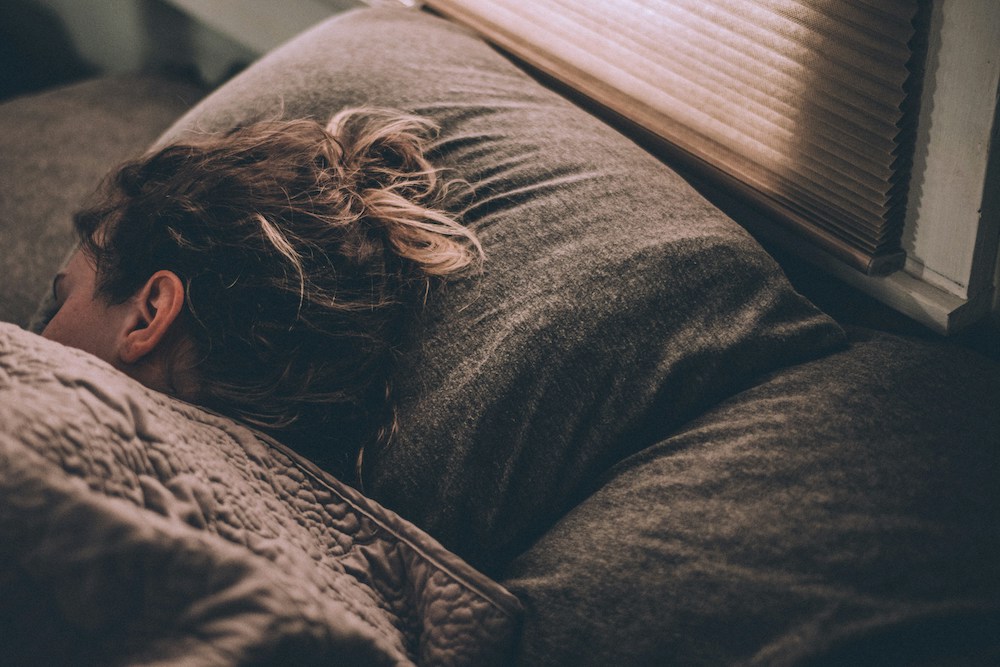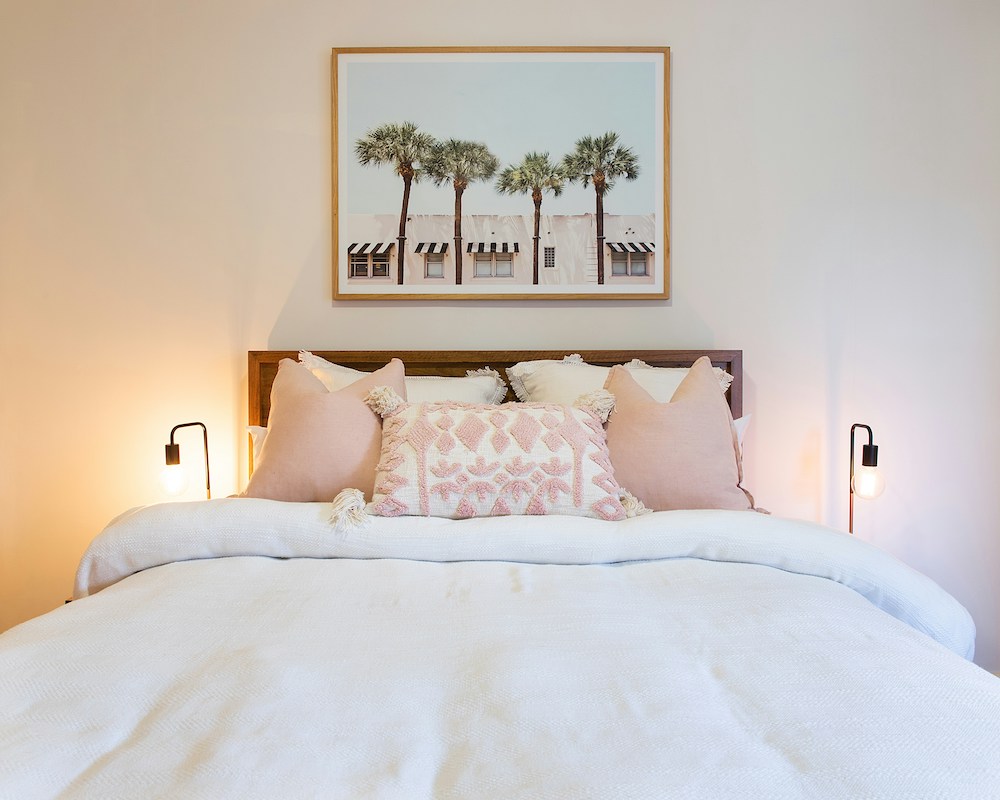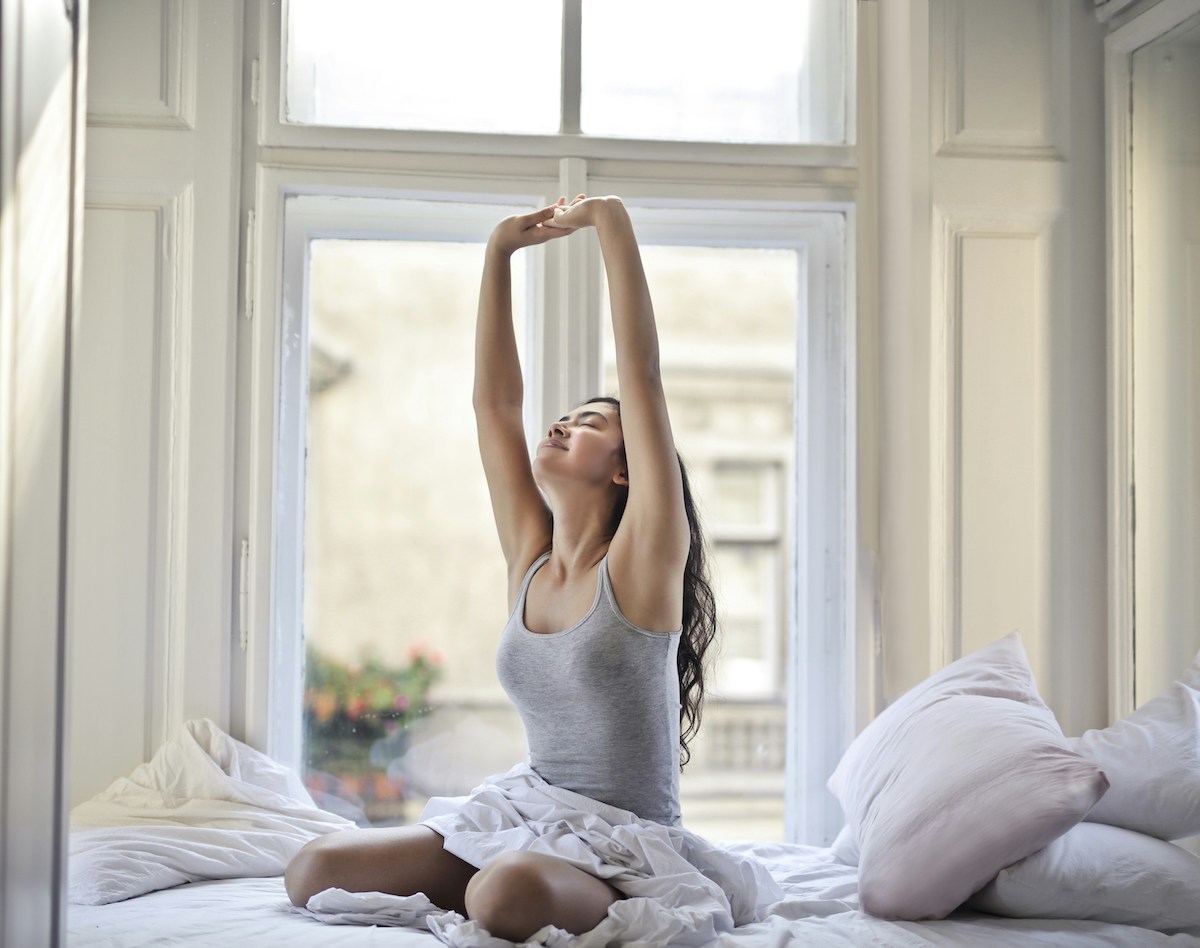Getting a good night’s sleep may sound simple, but it can be challenging to achieve in today’s fast-paced and stressful world. With numerous environmental distractions to contend with and irregular, demanding schedules, developing good sleeping habits can seem impossible.
From the perfect mattress and high-quality single quilt covers to implementing a consistent sleep schedule and spending more time outdoors, practising good sleep hygiene provides an array of benefits guaranteed to improve your overall health and quality of life.

What is Sleep Hygiene?
Sleep hygiene is a term used to describe the environmental and behavioural processes you implement before bed to enjoy a healthy and restful night’s sleep. Sleep is a crucial factor in maintaining good physical and mental health, as it allows the body to slow down, heal, recuperate, and cleanse itself at the end of the day.
In addition to contributing to good health, improving your sleep can significantly enhance focus, productivity, and alertness during the day, strengthen the immune system, improve your mood, contribute to a healthy weight, and boost valuable cognitive skills like comprehension and memory.
The numerous signs of poor sleep are relatively easy to spot. They often include struggling to fall asleep quickly after getting into bed, experiencing regular disruptions throughout the night, suffering from fatigue during the day, and difficulty maintaining a comfortable sleeping position.
Tips & Essentials
There are many practical changes you can make to improve your sleep and ensure your body and mind receive the best opportunity to reach optimal levels of rest and relaxation.
The Right Mattress
A comfortable mattress is one of the most important factors that contribute to improved sleep hygiene. You can follow every piece of advice in the world for better sleep, but if your mattress is uncomfortable and unsuitable for your specific needs, it will feel nearly impossible to find a relaxing sleeping position.
With so many different options available on the market, there is an affordable and ideal option for everyone. Head to your local mattress retailer to test and explore multiple choices based on your preferred firmness, sleeping position, budget, size, and any other additional features you may be after.
Comfortable Bedding
Alongside a comfortable mattress, quality bedding is a sleep necessity. Bed sheets, pillowcases, duvet covers and quilts are the first things you see and touch when climbing into bed every night. Choosing materials that are high-quality, soft, breathable, and suitable for keeping you warm in cold weather or cool in hot temperatures will instantly elevate your sleeping experience.
Studies show that the average person spends around 30% of their life in bed, making it essential to invest in high-quality and luxurious options. Egyptian cotton, ethically sourced eucalyptus silk, and linen are popular bedding choices thanks to their soft, breathable composition and moisture-wicking capabilities.

Sleep Routine
It is essential to stick to your sleep routine in order to reap its full rewards. This includes switching off any electronics, showering, enjoying a cup of herbal tea and climbing into bed at the same time each night and in the same order to help your body clock remain uninterrupted.
Additionally, it is crucial not to sacrifice sleeping hours for other activities, like working late, socialising or heading to the gym earlier than usual. Plan ahead to hit the optimal number of sleeping hours per night, but avoid making sudden adjustments to your regular schedule, as this can cause your internal clock to become more chaotic and unbalanced, making it harder to settle into a new routine. Instead, opt for small, noticeable changes.
Finally, if you find yourself struggling to fall asleep and often end up tossing and turning for what feels like hours before drifting off, you may benefit from going through your wind-down routine again to ensure your body is completely relaxed and ready for bed.
Limit Caffeine
Caffeine is a common stimulant that many people drink religiously in their morning routine, either through habit or as a tasty pick-me-up for the day ahead. However, it can dramatically affect your body’s ability to fall and stay asleep if drunk later in the day or in the evening.
If you simply cannot imagine eliminating coffee, soft drinks, or tea from your diet, it is best to limit your caffeine intake and avoid consuming it less than six hours before sleep. Instead, opt for comforting herbal teas to bring your evening to a close and welcome rest. Chamomile and peppermint are particularly popular flavours.
https://unsplash.com/photos/woman-sitting-on-white-bed-while-stretching-wBuPCQiweuA
Embrace Mother Nature
Whether it’s a perfect summer day or peak winter weather, it’s crucial to get outside during the day to enjoy sufficient sun exposure. Natural sunlight is a critical factor in regulating a healthy circadian rhythm, the body’s natural sleep-wake cycle. If your location experiences deep, dark winters with little to no sunlight, consider investing in UV lamps or bright, white lights for supplemental natural light.
Furthermore, among the obvious health benefits of regular physical activity, staying active contributes to improved sleep hygiene by increasing your body’s need to sleep at the end of the day, reducing feelings of stress and anxiety and regulating body temperature.









